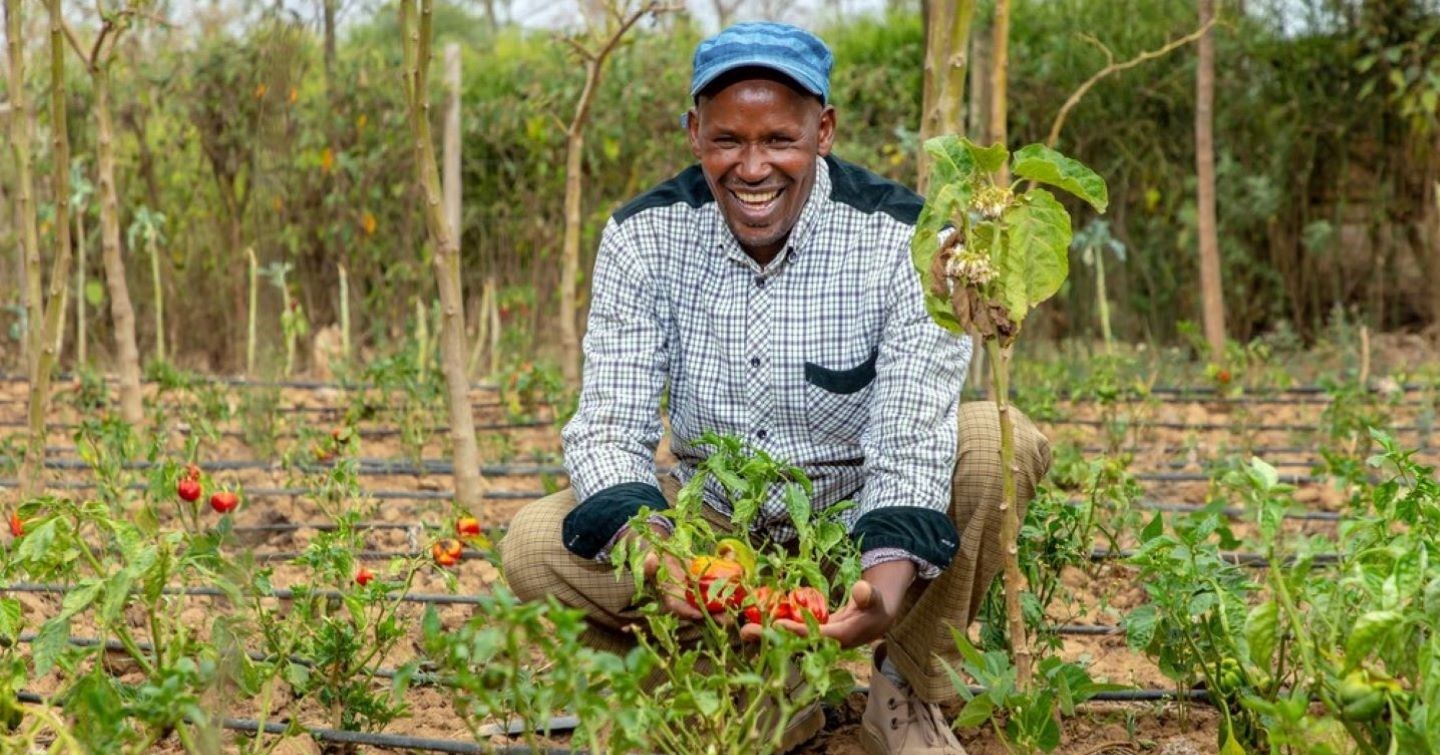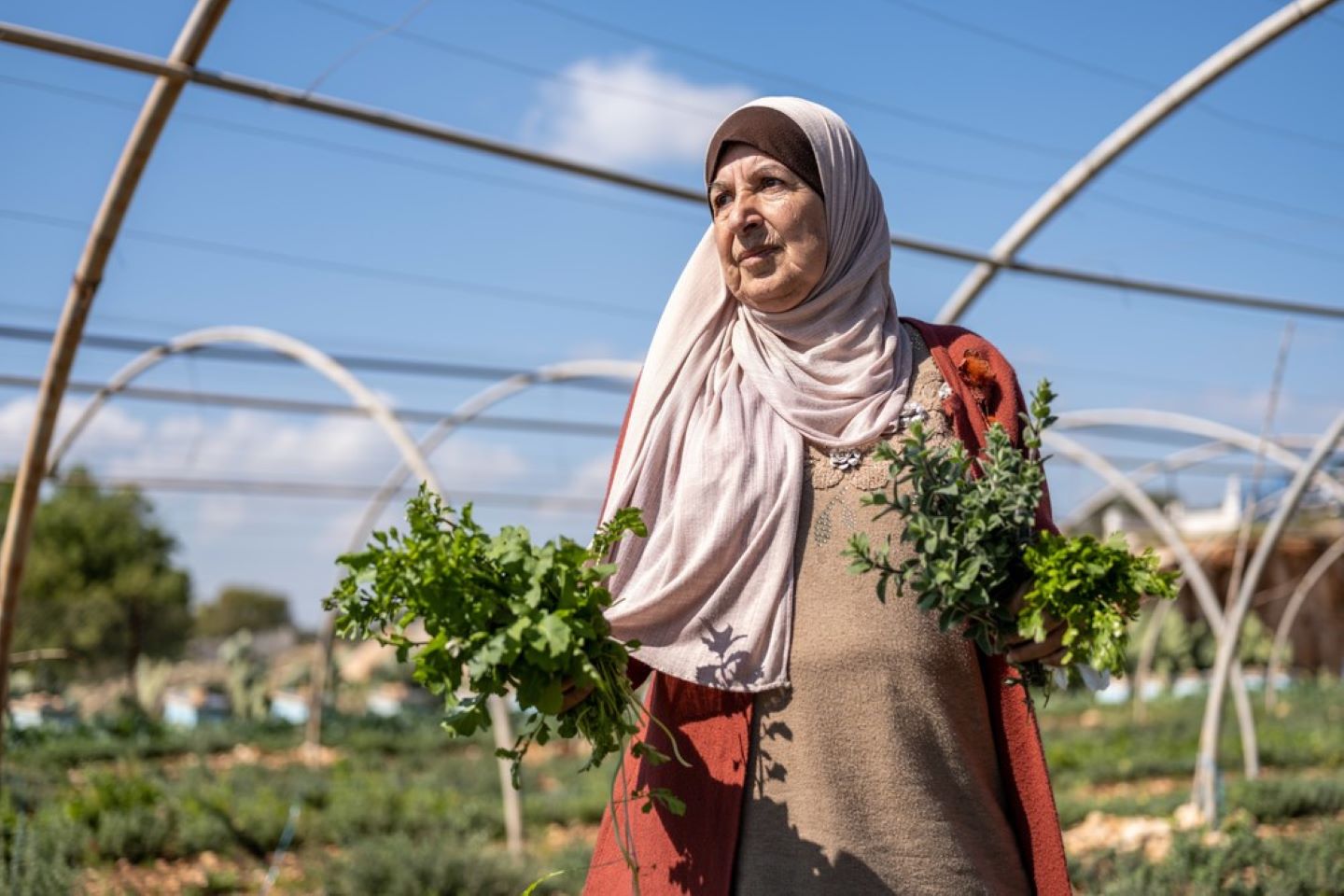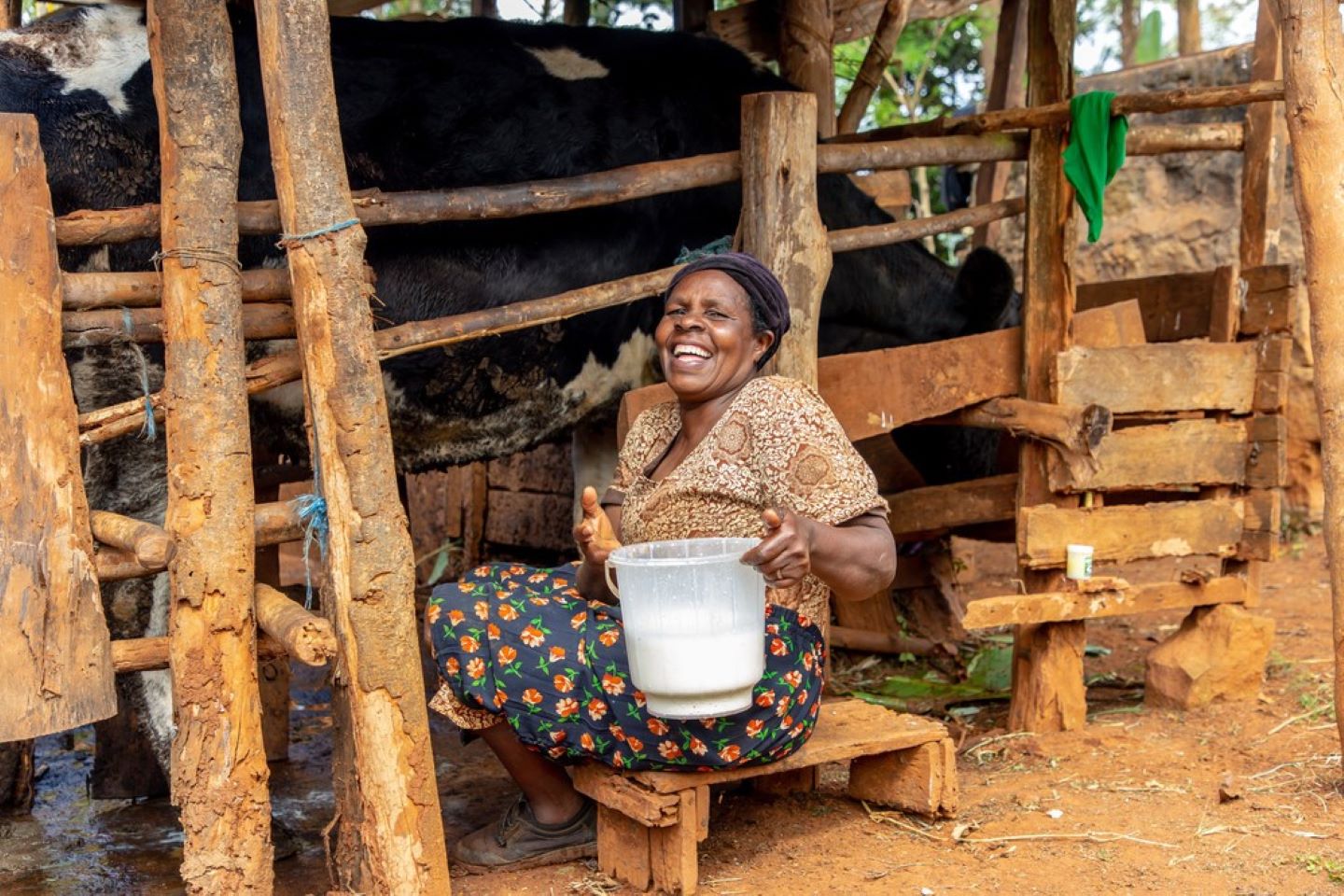Why development is a smart investment even in unstable times
IFAD Asset Request Portlet
Asset Publisher
Why development is a smart investment even in unstable times
Estimated reading time: 3 minutes
The number of violent conflicts is the highest it has been since the Second World War. There are five times the number of extreme weather events now than there were fifty years ago. One in eight people live in a fragile area or conflict zone.
Given this context, it’s no wonder that spending on humanitarian aid has increased by 164 per cent in the past decade.
At the same time, development spending is sluggish as new financial realities and changing politics mean countries prioritise emergency response over long-term progress.
But, in this age of multiple intersecting crises where people are still reeling from one shock when another hits, only a holistic approach to both humanitarian and development assistance can disrupt this vicious cycle.
Two sides of the same coin
Humanitarian and development assistance ultimately share the same goal: to create a better life for people, including those who are most vulnerable.
Yet it wasn’t until 2016 that the then-UN Secretary General, Ban Ki-Moon, called for a new approach that would see the two become more strongly connected through the Humanitarian-Development Nexus (HDN).
In practice, this means that humanitarian assistance should not just meet immediate needs, but also support sustainable development outcomes. Meanwhile, development assistance should give people the tools to withstand disasters and thus need less humanitarian assistance in the future.
As the world confronts climate change, conflict and other converging crises, the HDN has never been more relevant.
Breaking the cycle of deprivation

IFAD itself was established following a profound food crisis in the Sahel in the 1970s. Our aim: to tackle structural barriers to food production and break the cycle of disaster and deprivation.
We focus on the development aspect of the HDN. Rather than providing immediate assistance when disaster strikes, IFAD instead takes the long view, working closely with communities, in particular women and youth, to move out of poverty sustainably, improve food security and build societies that are more resilient to all kinds of shocks. We help create the necessary conditions to avoid fuelling conflicts or exacerbating climate change.
And the results are clear. A recent study used GIS data to demonstrate how IFAD investments can reduce the risk of conflict, and thus, indirectly reduce the need for humanitarian assistance in the long term. In Mali, GIS data showed an eight per cent increase in conflict in areas where IFAD had not intervened, while there was no increase in conflict in successful project areas.
IFAD is a member of the Great Green Wall initiative to restore and conserve unique ecosystems and create decent livelihoods in the Sahel, a fragile region where climate change and environmental degradation is contributing to conflict.

In Niger, IFAD’s Facility for Refugees, Migrants, Forced Displacement and Rural Stability (FARMS) empowered women and youth, two groups particularly targeted by Boko Haram, by creating over 7,000 temporary jobs in water management.
After Tonga suffered the world’s biggest volcano eruption of the 21st century, IFAD worked with women to plant home gardens that are now reducing their dependence on food from overseas.
In Haiti, IFAD’s Inclusive Blue Economy Project is alleviating two of the country’s most pressing problems: skyrocketing poverty and ongoing climate disasters. The project is helping 40,000 coastal people, especially women and youth, manage natural and marine resources for sustainable development.
And in northern Nigeria, where armed insurgency and climate change conspired to limit opportunities for women and youth, IFAD made its first-ever investment in a private enterprise, Babban Gona, through the Private Sector Financing Programme.
It’s time to invest in the future
We need to change our spending priorities. Not only does this make economic sense—every dollar spent on resilience now saves up to US$10 in emergency assistance in the future—it also means avoiding hardship for millions of people the world over.
IFAD’s 13th Replenishment is calling on Member States to increase their investments in rural people’s resilience so we can provide them with support they need to build a better, more resilient future for themselves and their children.
Publication date: 07 June 2023